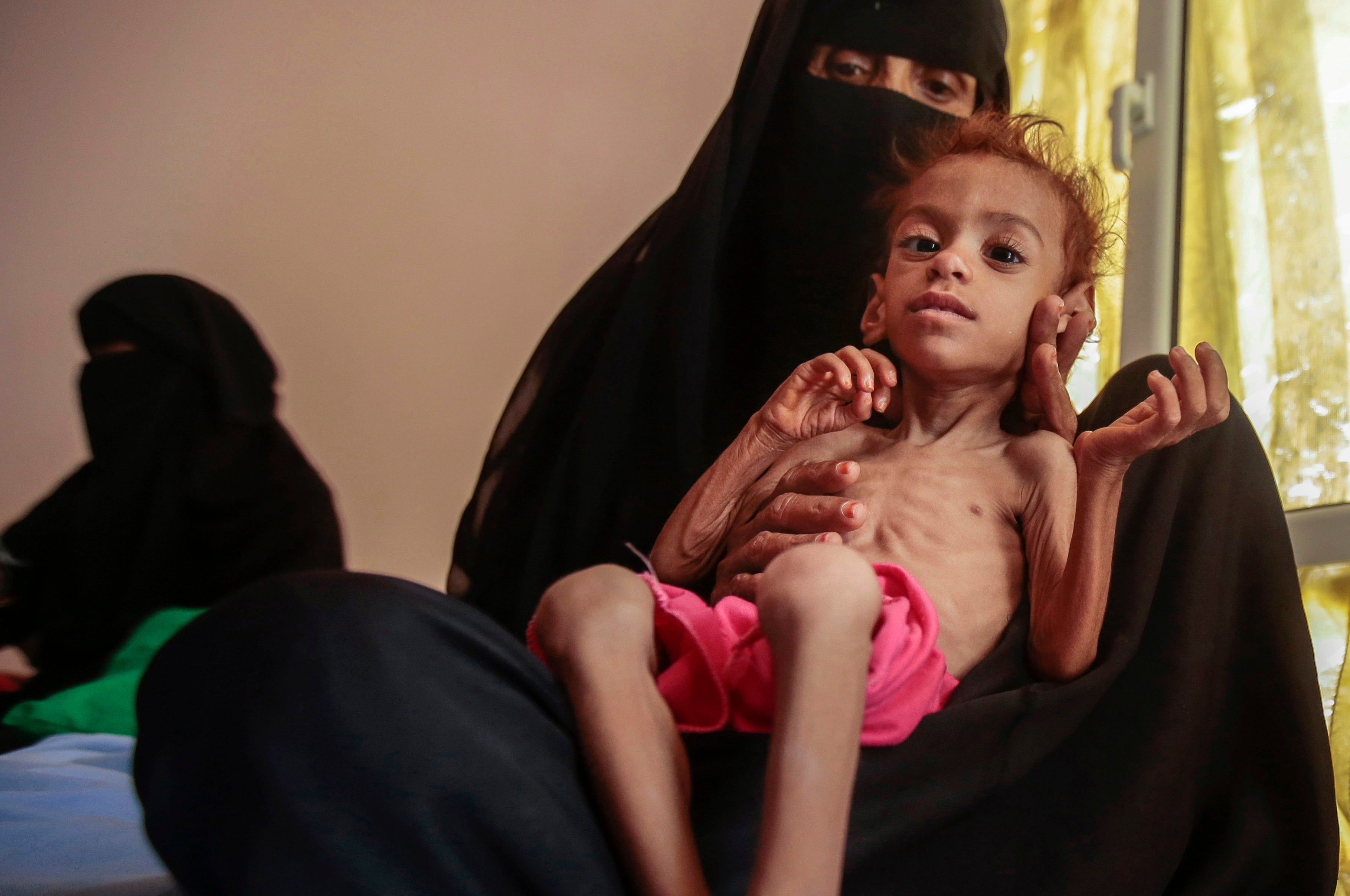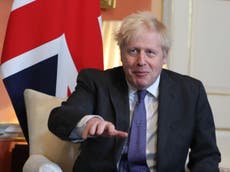The shame of cutting aid to Yemen will haunt the UK
The removal of much needed humanitarian support means that the UK is now hindering desperate efforts to counter the catastrophe in Yemen


Your support helps us to tell the story
From reproductive rights to climate change to Big Tech, The Independent is on the ground when the story is developing. Whether it's investigating the financials of Elon Musk's pro-Trump PAC or producing our latest documentary, 'The A Word', which shines a light on the American women fighting for reproductive rights, we know how important it is to parse out the facts from the messaging.
At such a critical moment in US history, we need reporters on the ground. Your donation allows us to keep sending journalists to speak to both sides of the story.
The Independent is trusted by Americans across the entire political spectrum. And unlike many other quality news outlets, we choose not to lock Americans out of our reporting and analysis with paywalls. We believe quality journalism should be available to everyone, paid for by those who can afford it.
Your support makes all the difference.The British government’s decision to cut aid to Yemen was described by UN secretary general Antonio Guterres as a “death sentence”. Former Conservative international development secretary, Andrew Mitchell, warned it will “condemn hundreds of thousands of children to starvation”.
This is the second time that Britain, the “penholder”, or the lead state on Yemen at the UN, has cut funding to the shattered country. It pledged £200m in 2019, only to reduce it to £160m the same year. This has now been reduced by more than half, to £87m.
The announcement to cut aid was made by Foreign Office minister James Cleverly at a virtual UN pledging conference. It came just after foreign secretary Dominic Raab declared that Britain would be a “force for good in the world”, highlighting the funding of the Covax programme.
The government’s justification for slashing support was that the pandemic has “created a difficult financial context for us all”. In the context of Yemen, however, it means taking help away from a land where war, the coronavirus pandemic and long-term poverty have had devastating consequences. Around 20 million people, two thirds of the population, depend on humanitarian assistance to survive. More than 100,000 have died during the war, 8 million have been displaced and 2 million children suffer acute malnutrition.
In the context of the massive sums spent on the pandemic, the savings made from cutting aid to Yemen are relatively small. There was, for instance, the handing out of a £30m contract to supply test tubes to the NHS to Matt Hancock’s former neighbour, and the landlord of his local pub, who is now being investigated by the medical regulator. And another contract, for £464m, won for testing by Randox Laboratories, a firm for which Owen Patterson, a former Tory government minister, is a paid consultant.
Not only will cutting aid greatly add to the suffering in Yemen, the money saved is outweighed by the reputational damage of such a move. In the year that Britain holds the G7 presidency, a few weeks after Boris Johnson hosted a virtual summit of its leaders in London, it is the only G7 state to cut overall aid, while the others are increasing theirs.
Former foreign secretary Jeremy Hunt commented that “abandoning a forgotten country and people is inconsistent with our values, weakens our moral authority and reduces our influence”.
Andrew Mitchell, who described the reduction of assistance to “the greatest humanitarian crisis on Earth in the middle of a global pandemic” as “unimaginable”, added “it makes no foreign policy sense at all. Rather, it is the consequence of breaking a promise made in our manifesto. The government should urgently put this issue to a vote in the House of Commons before they cut any more lifesaving projects which are clearly in Britain’s national interest”.
The government has reduced its manifesto commitment of using 0.7 per cent of GDP on international aid to 0.5 per cent. The 0.7 per cent commitment, however, is enshrined in law and can only be changed by a parliamentary vote.
But there are no signs that the government wants a Commons vote. Asked by Conservative MP Damian Green whether it will hold one, and abide by legislation, Cleverly repeatedly refused to commit to one, saying, “the foreign secretary is looking carefully at the requirements of the legislation”.
Last month, Joe Biden, withdrawing support for Saudi Arabia in the Yemen war and placing restrictions on arms sales to Riyadh, said the reason for his action was that a “humanitarian and strategic catastrophe” has unfolded in the country.
The British government has refused calls to join the US move on weapon sales. Cutting back of much needed humanitarian support means that it is now hindering desperate efforts to counter that catastrophe.


Join our commenting forum
Join thought-provoking conversations, follow other Independent readers and see their replies
Comments